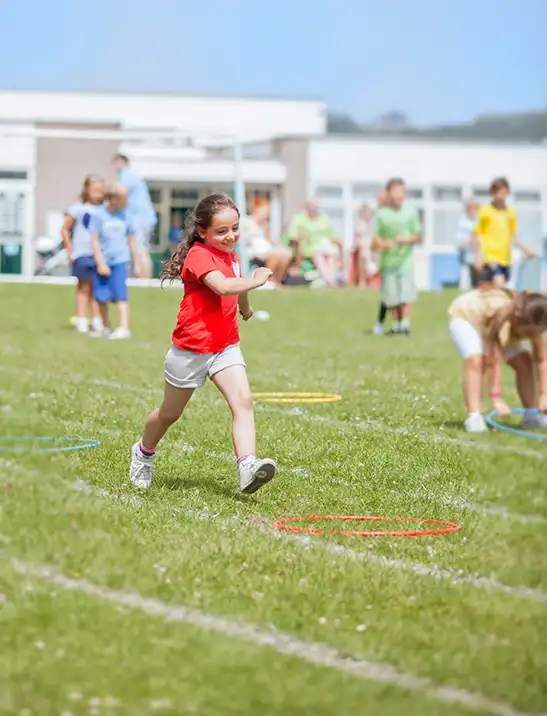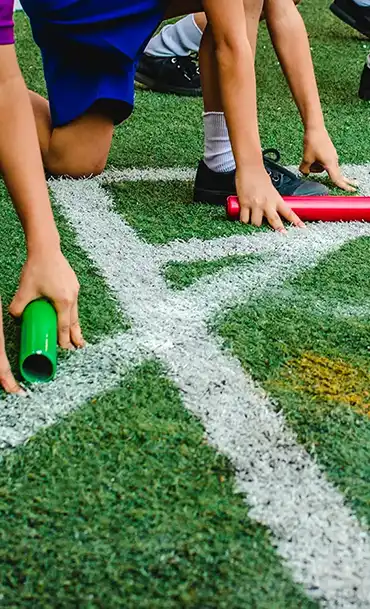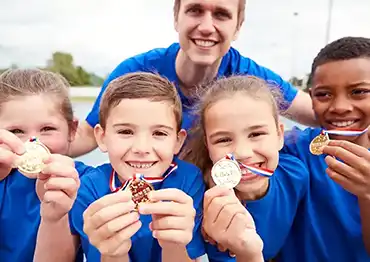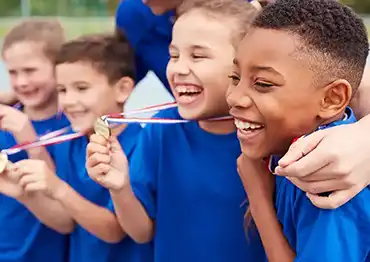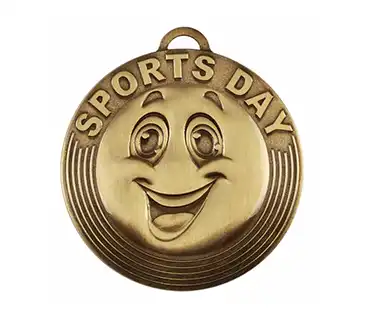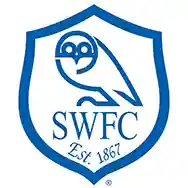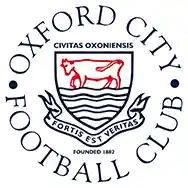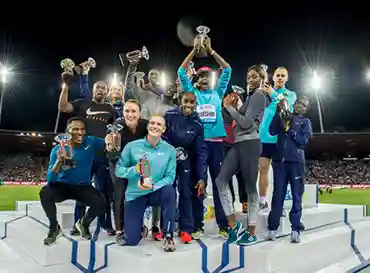
When the summer term rolls around, few events spark quite as much excitement in the school calendar as sports day. A celebration of movement, teamwork, and school spirit, it’s a time-honoured tradition across the UK. Children line up for the egg and spoon race, leap into sack races, or dash down a sunlit track cheered on by proud families.

Yet for some pupils, sports day can be more daunting than delightful. Not every child is naturally sporty, and for those dealing with social anxiety, sensory sensitivities, or lower confidence in physical activities, the prospect of participating in a loud, competitive event can be deeply uncomfortable. As schools strive to become more inclusive, the concept of an alternative sports day is gaining traction—one where fun, participation, and well-being take precedence over prowess.

At the heart of this evolving approach lies an important message: every child deserves the opportunity to feel valued and successful. This is where medals for all—awarded for both traditional and alternative activities—can play a vital role in boosting morale and encouraging participation, regardless of ability.
